A teacher in a foreign land: a Swiss woman moves to Beijing

Carla Frehner will soon be one of around 270 teachers working at a Swiss school abroad. She starts her new job in Beijing, China, in August, and her husband is tagging along.
The Swiss couple has swapped their small Zurich flat in the countryside for a new home in the urban jungle of Beijing. “I could never have imagined going to China,” says Carla Frehner. “But now I can hardly wait.”
The 30-year-old starts a job as a teacher at the Swiss School in Beijing in August. With her is Marc Wohlwend – Frehner’s husband since the beginning of the year. For a long time, however, no one knew about it. Her friends and family were only informed at her farewell party.
The main reason for the marriage was emigration to China. “It was the easiest and safest way from a visa point of view,” says Wohlwend. This way they could be sure that they would really be able to emigrate together.
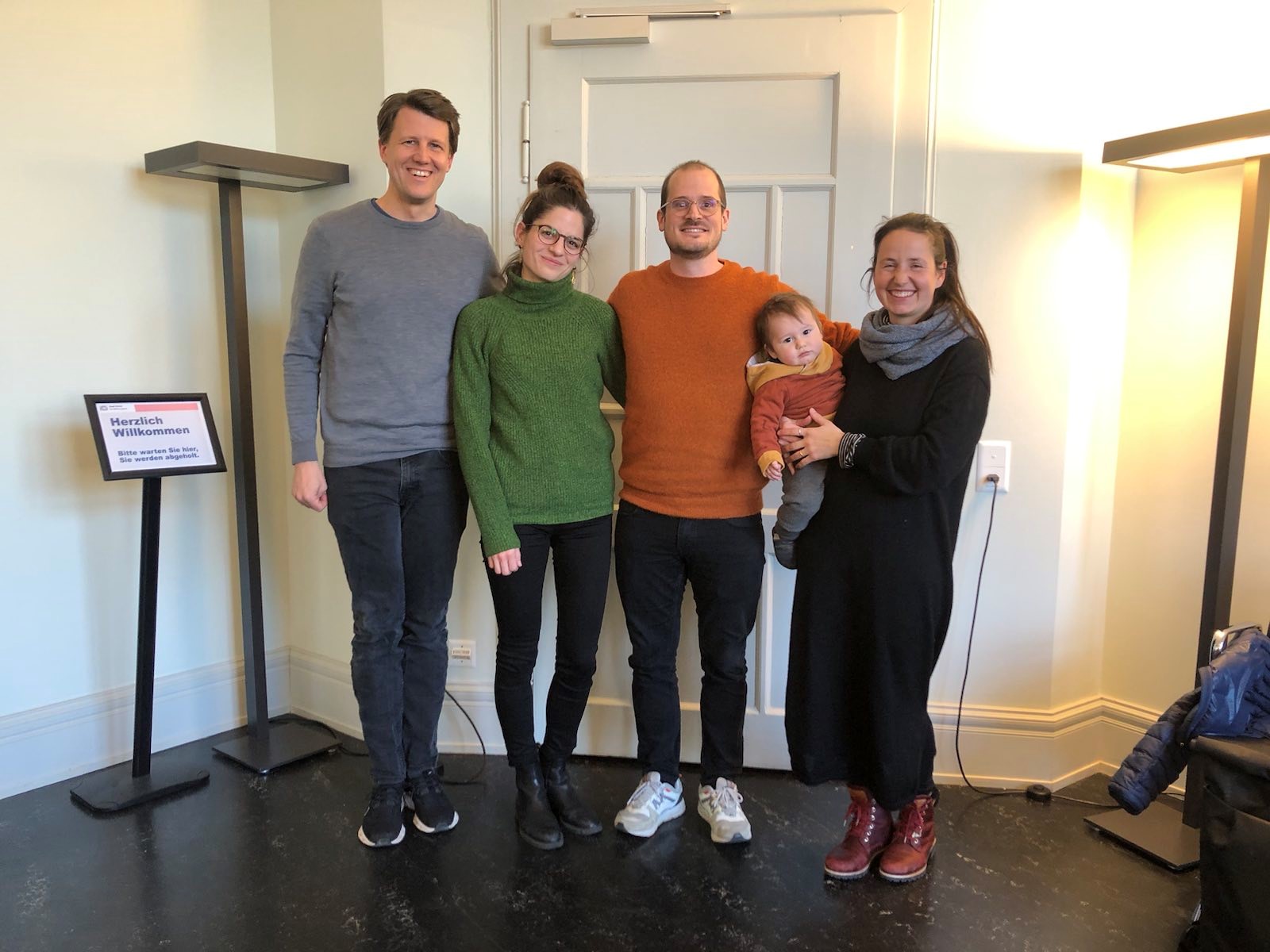
The 35-year-old was immediately hooked when her partner saw the job advertised at the Swiss school in Beijing last autumn and – more as a joke – suggested emigration.
“Luckily I was able to persuade Carla to send her dossier to China,” says Wohlwend. He is fascinated by the foreignness, the language, the culture, the size of the country.
A three-year commitment
The two had wanted to emigrate for a while. Wohlwend had already spent a year in Munich on business, and now Frehner would like to have the same experience.
But this time together. The two have already travelled through many countries in Europe. Now they wanted to discover and experience something even more exotic.
If you enter into an employment relationship with a Swiss school, you should commit yourself for at least two, preferably three years.
“You need the first year to arrive. In the second year, you can slowly enjoy life in a new place, and from the third year onwards, you can really benefit,” says Barbara Sulzer-Smith, who is the managing director of Educationsuisse until the end of July.
Educationsuisse is the office for all 18 Swiss schools with a total of 7,500 students abroad.
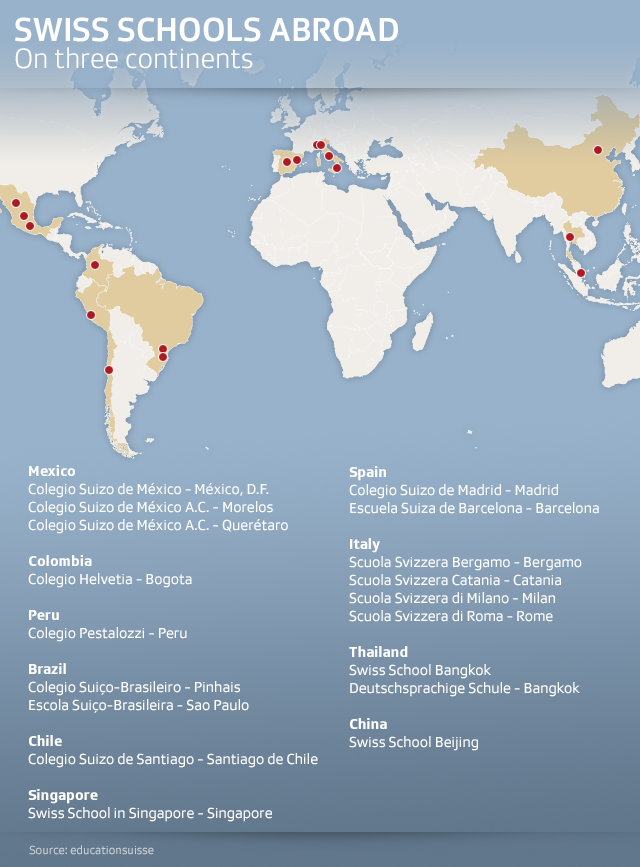
The target audience of these Swiss public schools are local children as well as expatriates. Children with a Swiss passport make up only about 20%.
The Federal Law on the Presence of Swiss Education Abroad also states that the majority of teachers must be Swiss. They are responsible for the quality of Swiss education.
Working abroad on Swiss terms
Frehner sees teaching at a Swiss school as a great opportunity. “I love my job as a teacher, and it’s a unique opportunity to work abroad on Swiss terms.” Frehner has a Chinese employment contract, she will also pay taxes there.

At the same time, however, she also has a Swiss employment contract, which ensures that there are no gaps in social insurance. It is more or less an emigration within a protected framework.
However, anyone who thinks that teachers abroad earn the same as they do in Switzerland is wrong. Wages depend on the cost of living in the respective countries and vary greatly. “You are rewarded with impressions and unique experiences,” says Sulzer-Smith.
Frehner sees the fact that the Swiss schools are now taught according to the Swiss school system, Curriculum21, as a big plus: “In Beijing, there is a teaching structure that I already know and believe in.” At the same time, many other things will be completely new for the two of them.
What about China’s negative image?
Frehner and Wohlwend practised Chinese diligently throughout the spring. The characters “Happiness, Cheerfulness and Spring” hanging on the wall of in their flat bore witness to this when SWI swissinfo.ch visited them in May.
“Marc is an overachiever,” Frehner said of her husband. He had been learning Chinese every day for the past few months. He made time for it on his work commute.
She herself only attended Chinese lessons and did the necessary homework. The “emigration” project did not allow for more, as there was a lot of administrative work to be done. Opening bank accounts, organising the shipping of the furniture, taking care of administrative tasks.
The couple does not aspire to speak perfect Chinese in the future. “But being able to get by would be very cool,” they agree. They also want to try to integrate themselves as much as possible in China.
And both of them have also been intensively studying Chinese culture since they made their decision. For example, Frehner has read that personal freedom is not as important in Chinese society as it is here. “I am curious to see how this will affect us.”
They are also curious to see whether the rather negative image of China painted by the Western media will be confirmed or whether they will perceive a completely different China.

Not thinking of Swiss return
Frehner is taking up a full-time position in Beijing. As an accompanying person, however, it is difficult for her husband to obtain a work visa in China. Therefore, Wohlwend, who studied law, will primarily devote himself to his dissertation, which he has wanted to complete for some time. “So I will be busy for a while.”
Frehner is particularly looking forward to Chinese cuisine, to the language and, of course, to her job. Wohlwend is looking forward to everything new and exciting. They are a little scared of the idea that they might not be able to find their way around when everything is written in Chinese.
Or that it is apparently only possible to do limited outdoor sports. In Beijing, the air quality is considered particularly bad, and outdoor sports can be harmful to health.
Most of their relatives think it’s great that the couple is going to China. “I’m sure we’ll get a lot of visitors.” That’s one reason why the couple don’t plan to come home to Switzerland for holidays, for example. “We want to travel around China and spend our free time there,” says the primary school teacher.
But if homesickness should suddenly become too much, they would be willing to take a trip to Switzerland. “But we don’t want to start thinking about coming back now
Life as a teacher at a Swiss school abroad
SWI swissinfo.ch accompanies two teachers on their emigration to Beijing and Bangkok, where they will work at a Swiss school abroad. How are they doing? What do they experience? And is everyday life as an expat as they imagined it? We report at periodic intervals.

In compliance with the JTI standards
More: SWI swissinfo.ch certified by the Journalism Trust Initiative
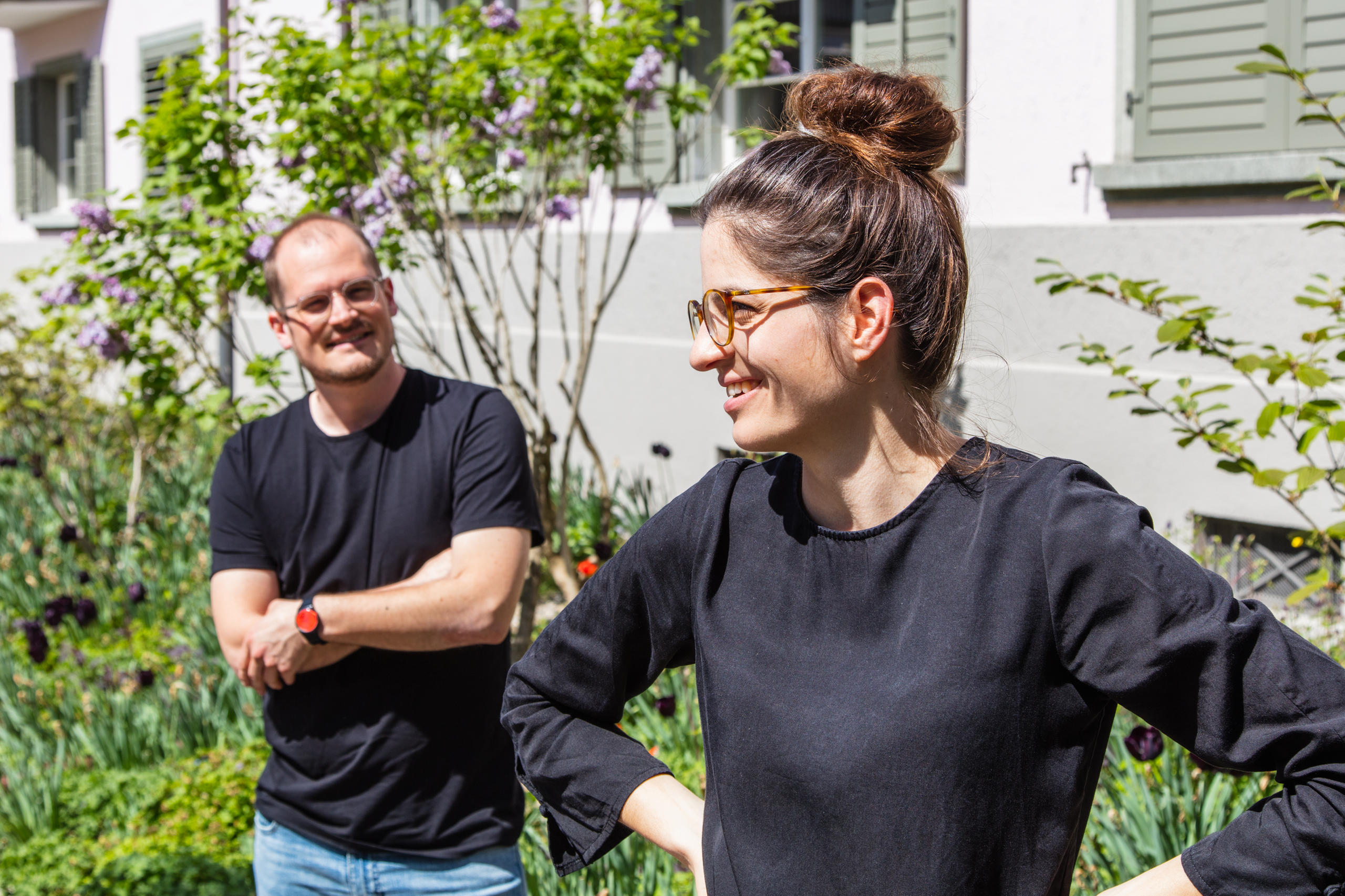

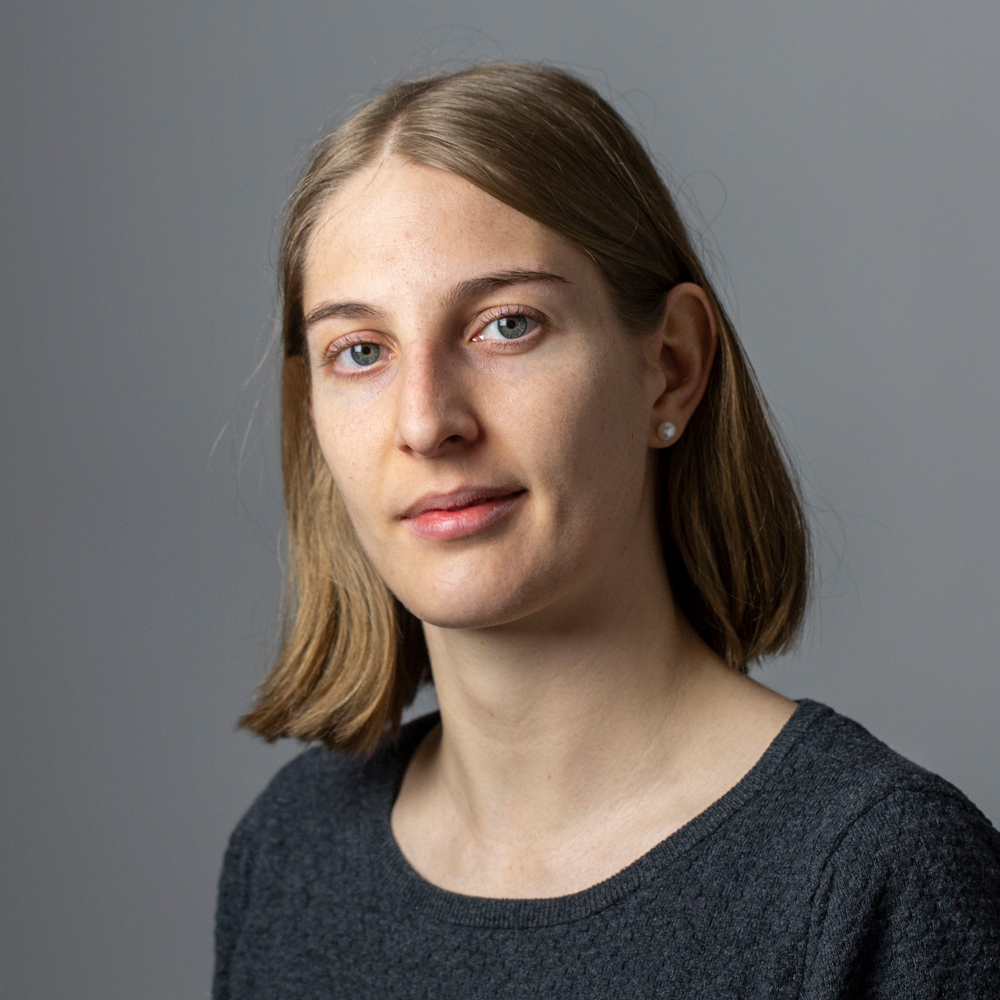








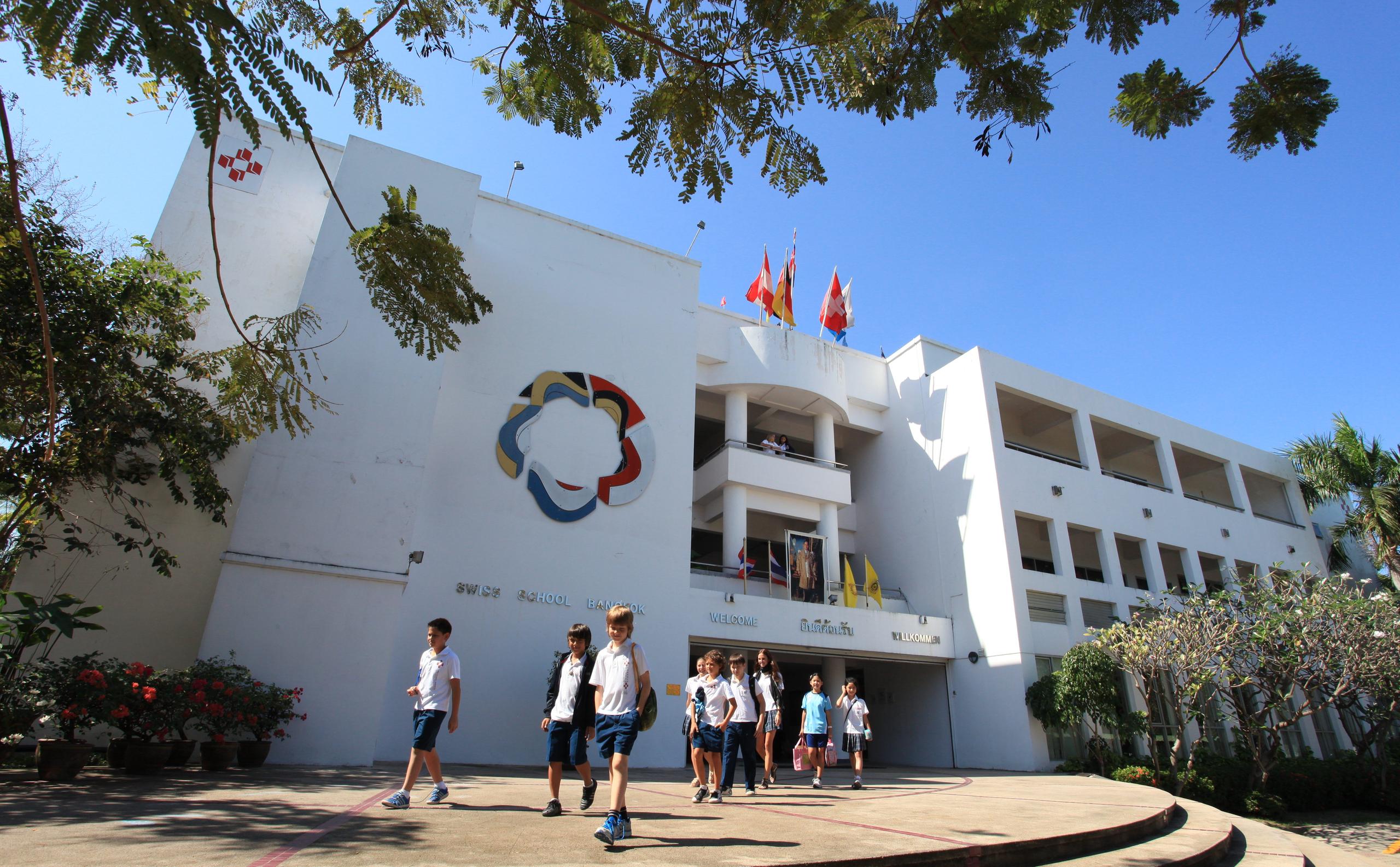
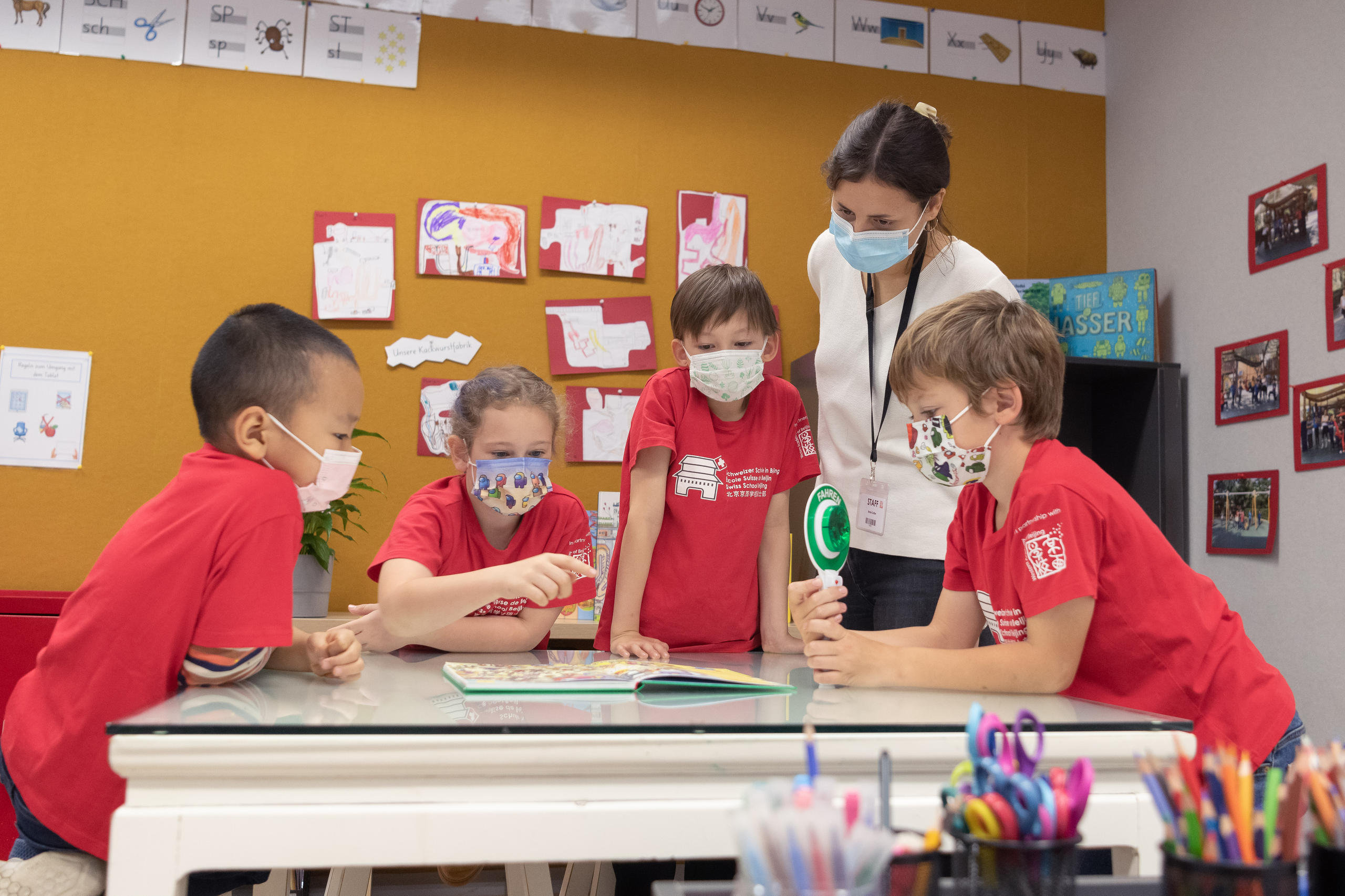

You can find an overview of ongoing debates with our journalists here . Please join us!
If you want to start a conversation about a topic raised in this article or want to report factual errors, email us at english@swissinfo.ch.